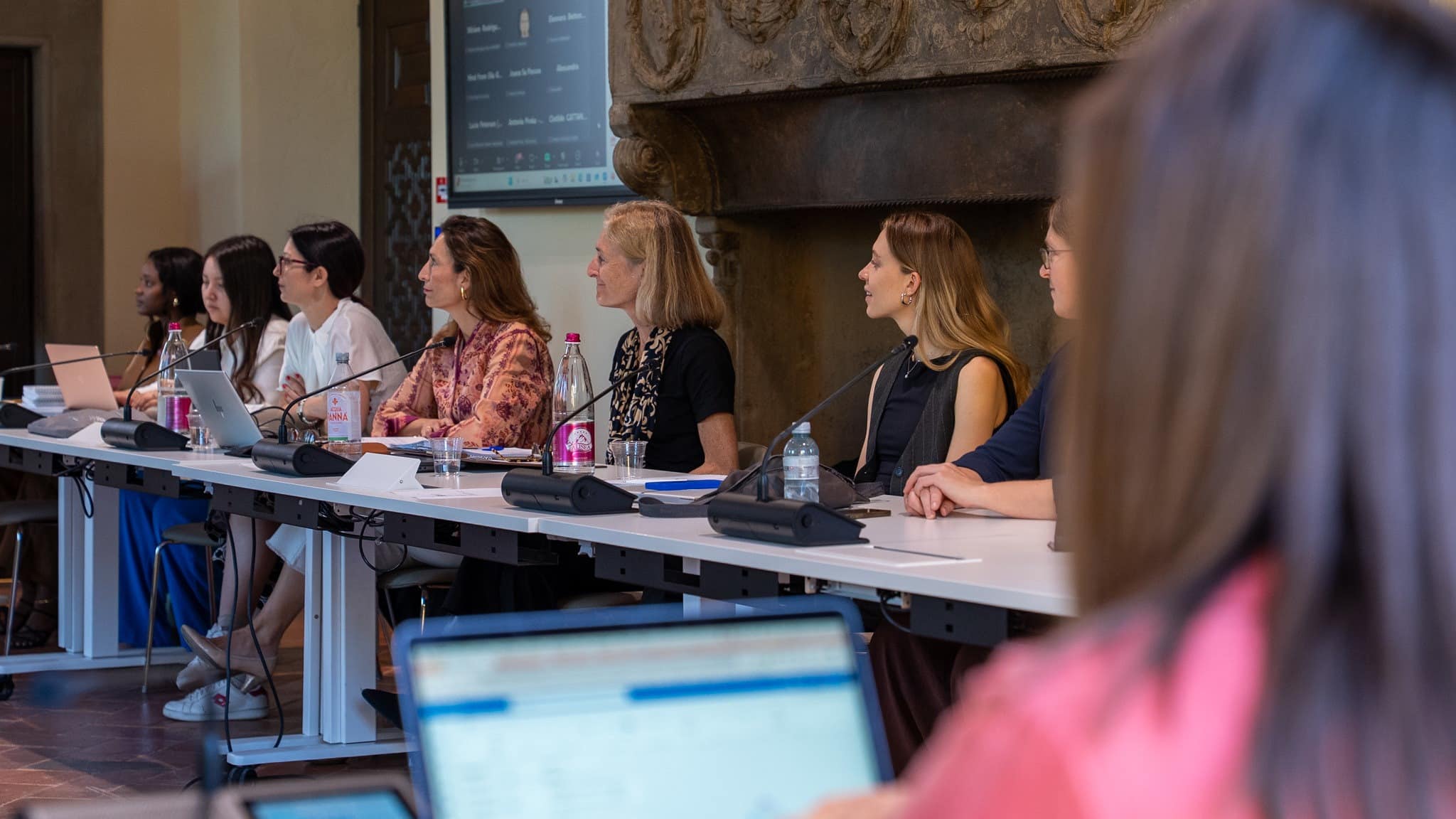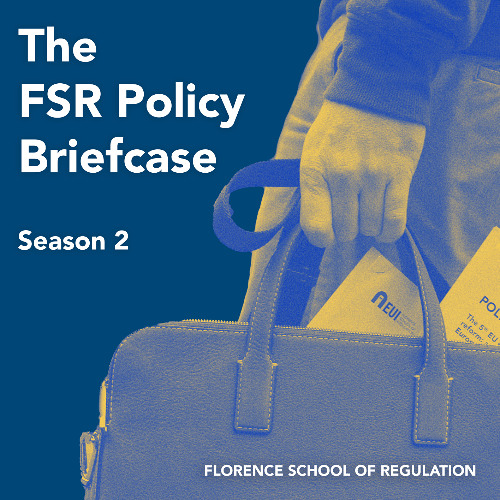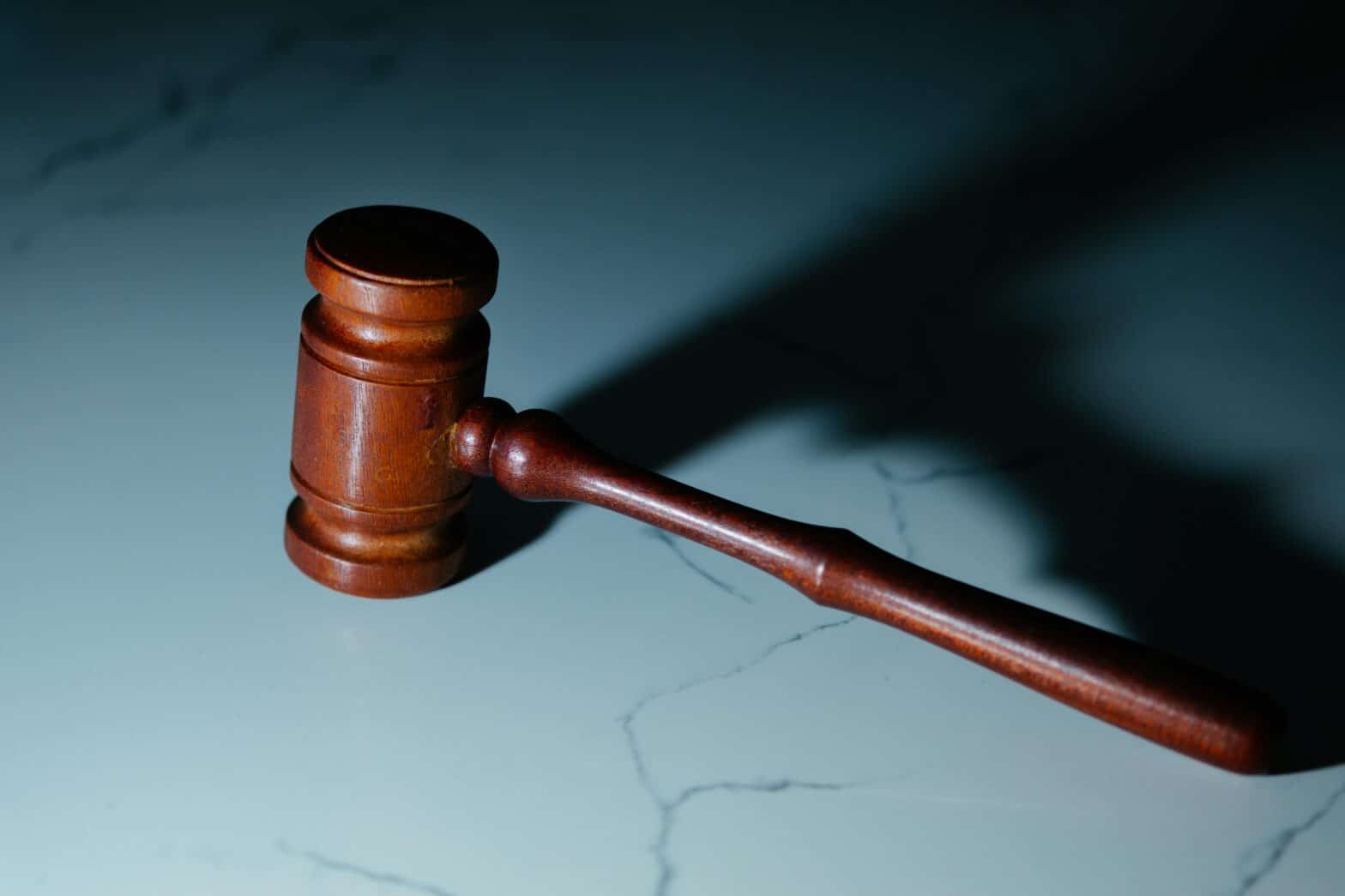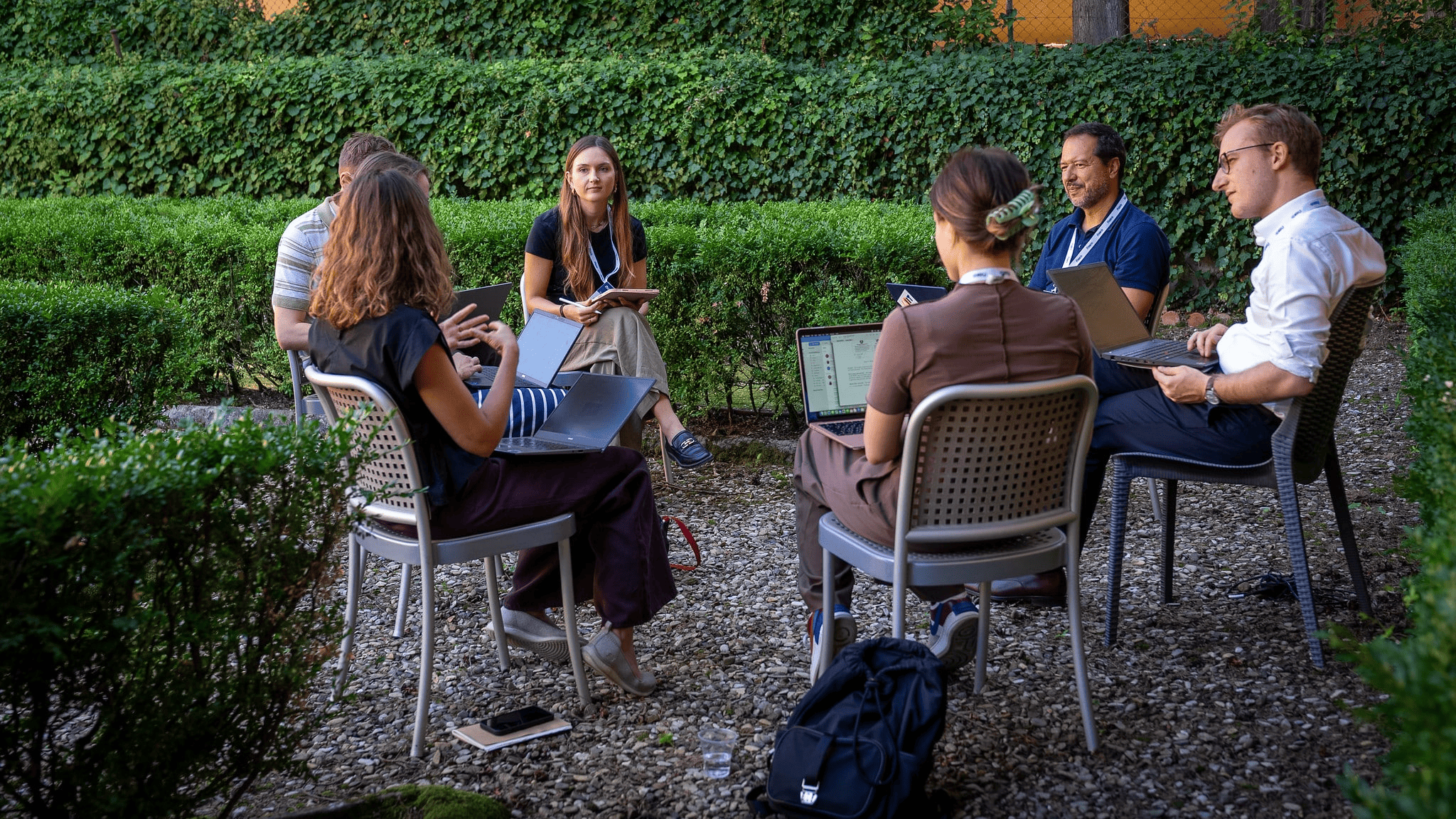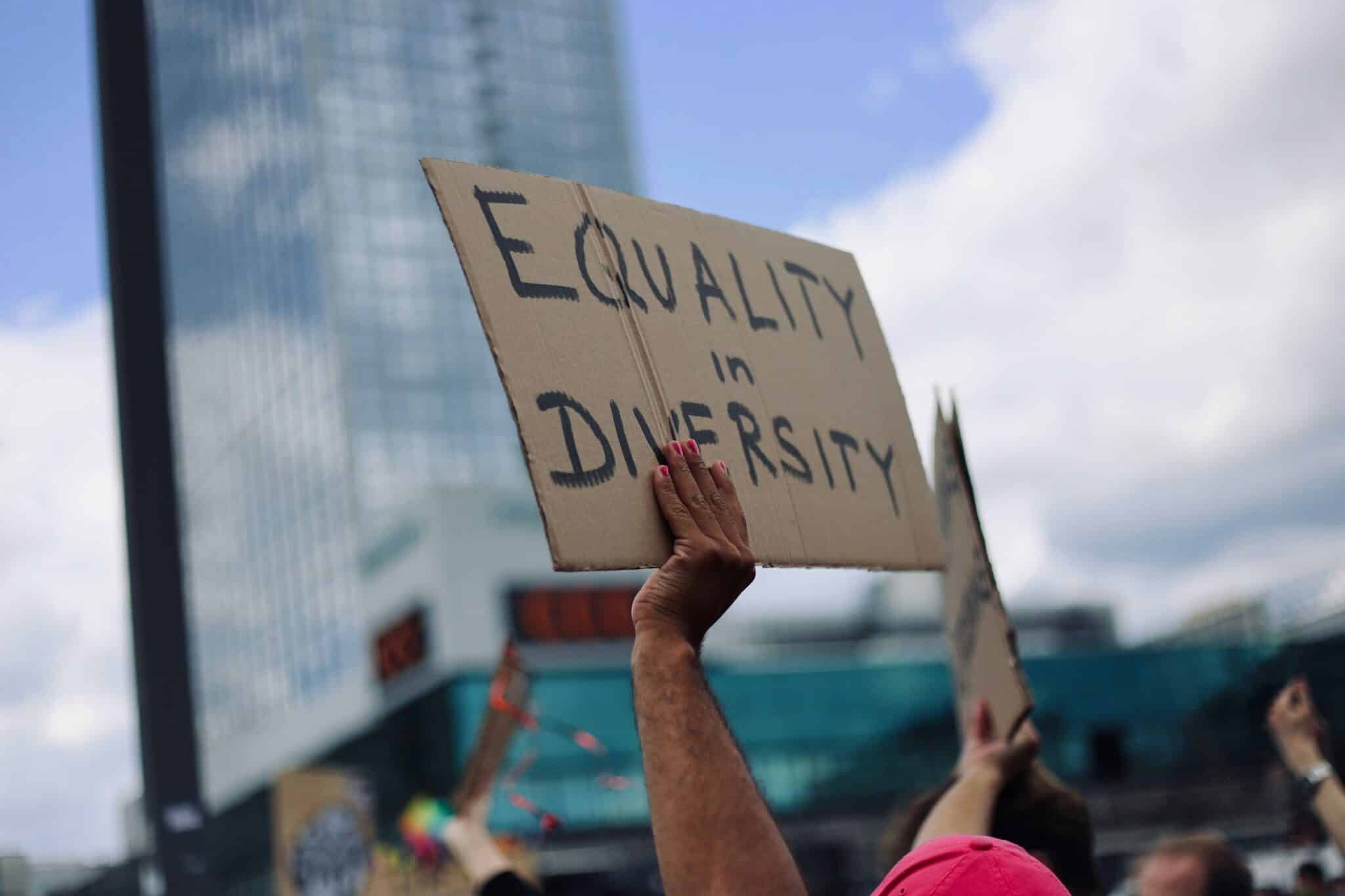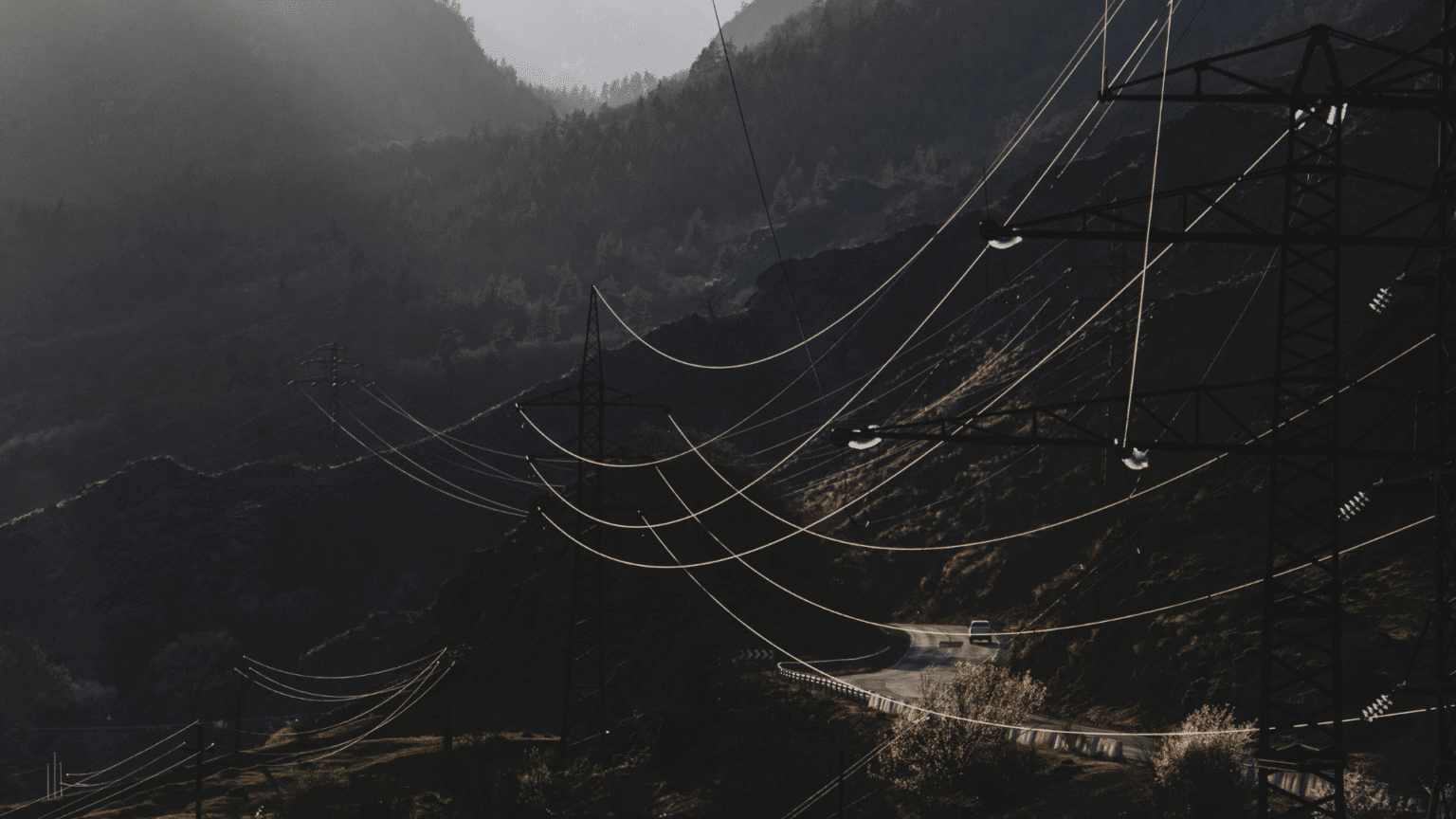Ukraine’s challenges and prospects of joining the internal energy market

On Wednesday, 1 June 2022, the #FSRDebate “What is missing for Ukraine to join the Internal Energy Market?” gathered Ukrainian and international energy experts to discuss the challenges and the prospects for Ukraine joining the internal energy market. Leigh Hancher (Director, Energy Union Law Area, FSR; Tilburg University) and Alberto Pototschnig (Executive Deputy Director, FSR) welcomed all speakers and participants and gave the word to the three speakers delivering the opening presentations.
Opening Presentations
The first speaker, Olena Pavlenko (President, DiXi Group), emphasised how much attention Russia had paid to the Ukrainian energy sector during the first phase of the invasion. Just an hour after the Ukrainian power system started to operate in test isolated mode, Russia started its invasion. Seven hours later, the hydropower plant Kakhovka was occupied, followed by the Chernobyl nuclear power plant after 12 hours. Ms Pavlenko argued that Russia had several goals when attacking the Ukrainian energy sector. One of these was the destruction of infrastructure to cut off gas and electricity supply. At certain points during the war, there were up to a million consumers without access to electricity. The second goal of Russia was to capture strategic energy facilities. Some research facilities were also shelled, and in some locations, carrying out necessary reparations remains challenging or impossible because of the war, leading to increasing financial losses for the sector. A third goal was to initiate a cyber-war against the Ukrainian energy sector. The main target for cyber-attacks is Ukrenergo, with attacks peaking just before the synchronisation of electricity systems. The fourth goal of Russia was to blockade the import of resources to Ukraine, especially fuel supply.
As part of its response, Ukraine is developing its cooperation with European countries at a much faster pace than before the war. Despite the war, Ukraine has confirmed its plans to implement the European Green Deal. Together with the Energy Community, Ukraine has also developed a mechanism to support the energy sector on an ad hoc basis. While Ms Pavlenko was grateful for the EU’s support to date, she made clear that more would be needed to win the war, particularly regarding potential EU membership for Ukraine and support for further integration of gas markets.
The next opening presentation was delivered by Olga Babii (National Commission for State Regulation of Energy and Utilities of Ukraine). Ms Babii stated that the Ukrainian electricity market had experienced serious fluctuations as a result of the war, with a demand reduction of 30%. However, Ukraine is still able to control and manage its energy system. Many companies are being relocated to the West of Ukraine. While some facilities had been damaged, energy supply is currently sufficient. Ms Babii thanked the Energy Community Secretariat for its assistance in working towards TSO certification. In her view, technically and organisationally, the Ukrainian energy system could now be considered part of the EU. She expressed her hope for further support from the EU, so that Ukraine could become a full member of the internal energy market. This would be of mutual benefit, since the EU would gain access to Ukraine’s significant nuclear electricity generation capacity, which could support the EU’s carbon neutrality objective. In closing, Ms Babii argued that whatever steps are taken now should be fit for the long-term rather than merely ad hoc.
The final opening presentation was given by Dirk Buschle (Deputy Director, Energy Community Secretariat). Dr Buschle started by stating that the question of whether Ukraine is ready to join the internal market or not may have been a relevant question in 2014/2015, the time when Ukraine had just joined the Energy Community. Now, however, from the point of view of the Energy Community, the answer to this question is rather clear: Ukraine does not have to be integrated in the internal market, because Ukraine is already part of the internal market of the Energy Community, so that it is profiting from every access right to the market. From an economic point of view, there is also no question that Ukraine has been and is part of the European internal electricity and gas market, albeit now under very particular circumstances. Synchronization was a huge step for Ukraine, and perhaps an even bigger step for Europe. Interconnection will be significantly upgraded in the framework of the Energy Community through the full package of electricity network codes and guidelines. This will essentially put Ukraine on the map of the pan-European and regional configuration of electricity markets. Market coupling will be the next step, as soon as the circumstances allow. Interestingly, ACER will, for the first time, play a decisive role in the governance of these integrated power markets by being given the competence to issue binding decisions. Dr Buschle also referred to progress made inside Ukraine, particularly regarding the liberalisation of the electricity and gas markets. While some shortcomings remain, it is impressive that Ukraine has managed to uphold these achievements in liberalisation in times of war. In Dr Buschle’s opinion, the more important question now is whether Ukraine, in this very particular and difficult situation, will be ready to follow the European Union’s most recent policy updates, that is the European Green Deal and the REPowerEU set of initiatives. Regarding the former, Ukraine has already started to make progress through the Energy Community’s decarbonisation roadmap. However, challenges regarding decarbonisation remain, particularly regarding coal exit, renewables governance, and carbon pricing. According to Dr Buschle, the biggest risk that remains is that of governance, on both the Ukrainian and EU sides.
Panel Discussion
Professors Pototschnig and Hancher thanked all speakers for their opening presentations. Subsequently, Prof. Hancher introduced the panel for this Debate, composed of Jan Haizmann (Member of the Board, EFET); Sonya Twohig (Secretary General, ENTSO-E); and Claude Mangin (Market Development Manager, ENTSO-G).
Dr Haizmann started by indicating his agreement with the conclusions drawn by Dr Buschle, namely that governance and the reliability of institutions are likely to be the biggest challenges for Ukraine going forward. These issues need to be addressed in a positive spirit of cooperation, rather than by just relying on formal limits of competence. He further raised the issue of the renewables market, which has suffered terrible reputational damage in the past. The insolvency risks in this sector will need to be properly managed in Ukraine. He stated that the remaining task looking ahead beyond the war would be to create market confidence, some of which has been lost. To this end, it is important to continue work on market transparency, including on standard products and contracts.
Ms Twohig offered a positive assessment of progress in the Ukrainian electricity sector. She stated that the main objective of the emergency synchronisation was to support and give frequency stability to Ukraine, since Ukrenergo is operating its power system under extremely difficult circumstances. The war has changed the timeline for synchronisation, which was initially planned for 2023. Given the enormous challenges it now faces, Ukraine was not able to implement the system security measures that were initially agreed for synchronisation. However, the country remains determined to fulfil these requirements, and ENTSO-E is also committed to ensuring that they are delivered, since they are related to system stability. A preventive measure that has been taken is to limit the flows between Ukraine and neighbouring countries, which has limited trading capacity. However, Ms Twohig was optimistic that these measures can be alleviated over time. After two months of synchronous operation and close monitoring by the TSOs, it appears that the system is stable, albeit with some stability limits. However, there is concern that rising energy demand in the winter months might change this situation. Overall, Ms Twohig stated that ENTSO-E remains supportive and very positive about the future for Ukraine, as well as for Moldova, and that it wants to continue to work with all the agencies involved going forward.
The war has changed the timeline for synchronisation, which was initially planned for 2023. Given the enormous challenges it now faces, Ukraine was not able to implement the system security measures that were initially agreed for synchronisation. However, the country remains determined to fulfil these requirements, and ENTSO-E is also committed to ensuring that they are delivered, since they are related to system stability.
In his intervention, Mr Mangin stated that the main elements of the gas regulation had been implemented in Ukraine, including most of the provisions of the network codes on capacity congestion management, balancing, and interoperability. EU shippers are already using the Ukrainian transmission network and Ukrainian storage, so that it can be considered part of the European market. He agreed with Dr Buschle that the next challenge for Ukrainian gas regulation will be the implementation of the European Green Deal, including the ‘fit for 55’ legislative package. There are already some hydrogen projects in Ukraine, and the Ukrainian regulator will also tackle the issue of methane emissions in the same way as the EU. While market features could always be improved, Mr Mangin thus offered an overall very positive assessment.
Conclusions
Following a lively Q&A session with the audience, Professors Pototschnig and Hancher thanked all speakers for their time and their valuable insights on this timely and crucially important issue.
Don’t miss any update on this topic
Sign up for free and access the latest publications and insights



